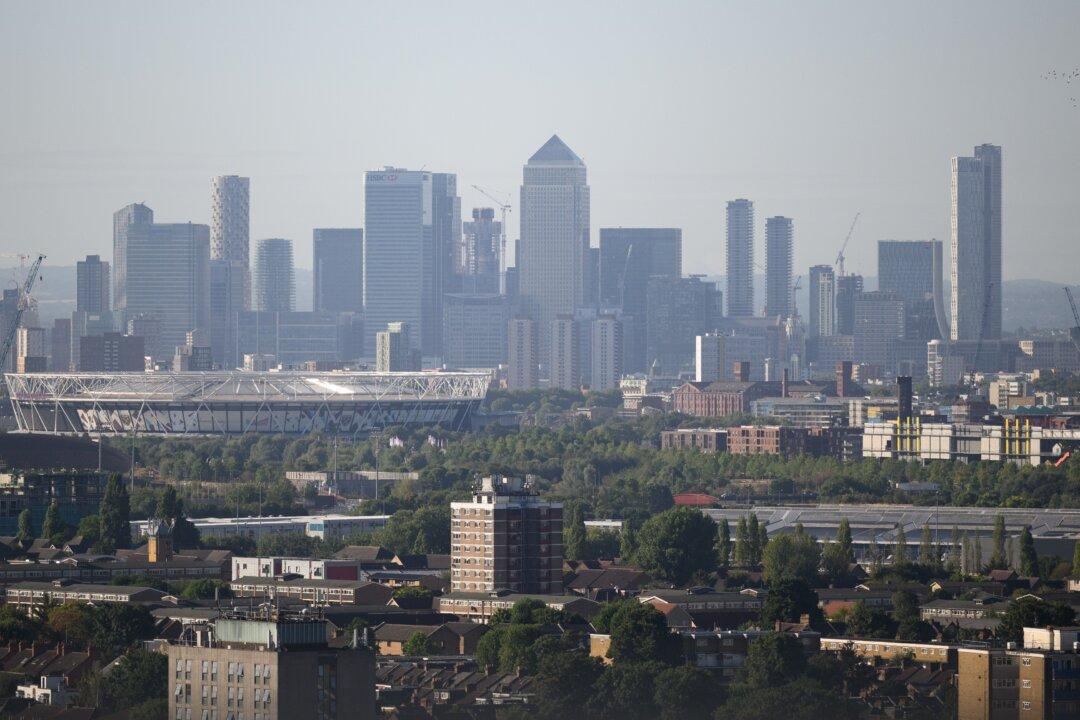The record 1.1 million immigrants to the UK in the year ending June 2020 “could become new normal,” a British think tank has said.
In a new report published on Monday, Jonathan Thomas, senior fellow at the Social Market Foundation, argued that British publish opinion will become “steadily more open to immigration,” but warned against dismissing the concerns of those who take a less liberal view.





